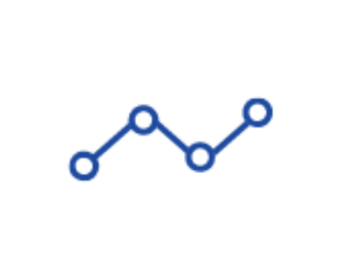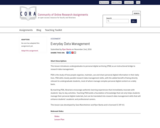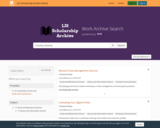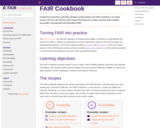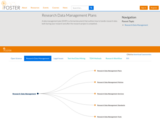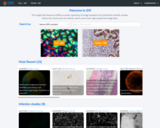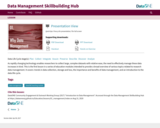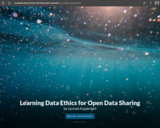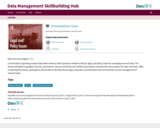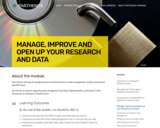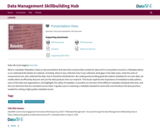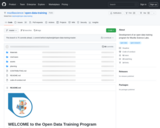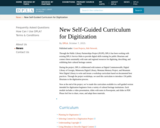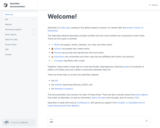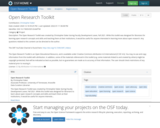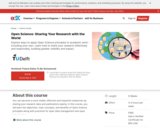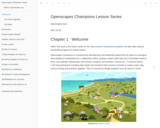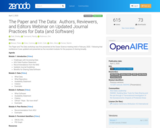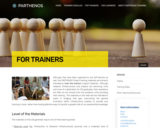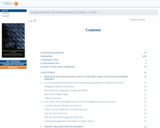
Effective Research Data Management (RDM) is a key component of research integrity and reproducible research, and its importance is increasingly emphasised by funding bodies, governments, and research institutions around the world. However, many researchers are unfamiliar with RDM best practices, and research support staff are faced with the difficult task of delivering support to researchers across different disciplines and career stages. What strategies can institutions use to solve these problems?
Engaging Researchers with Data Management is an invaluable collection of 24 case studies, drawn from institutions across the globe, that demonstrate clearly and practically how to engage the research community with RDM. These case studies together illustrate the variety of innovative strategies research institutions have developed to engage with their researchers about managing research data. Each study is presented concisely and clearly, highlighting the essential ingredients that led to its success and challenges encountered along the way. By interviewing key staff about their experiences and the organisational context, the authors of this book have created an essential resource for organisations looking to increase engagement with their research communities.
This handbook is a collaboration by research institutions, for research institutions. It aims not only to inspire and engage, but also to help drive cultural change towards better data management. It has been written for anyone interested in RDM, or simply, good research practice.
- Subject:
- Applied Science
- Information Science
- Material Type:
- Textbook
- Provider:
- Open Book Publishers
- Author:
- Connie Clare
- Elli Papadopoulou
- Iza Witkowska
- James Savage
- Joanne Yeomans
- Maria Cruz
- Marta Teperek
- Yan Wang
- Date Added:
- 11/01/2020
